Indigenous Governance Database
Leadership
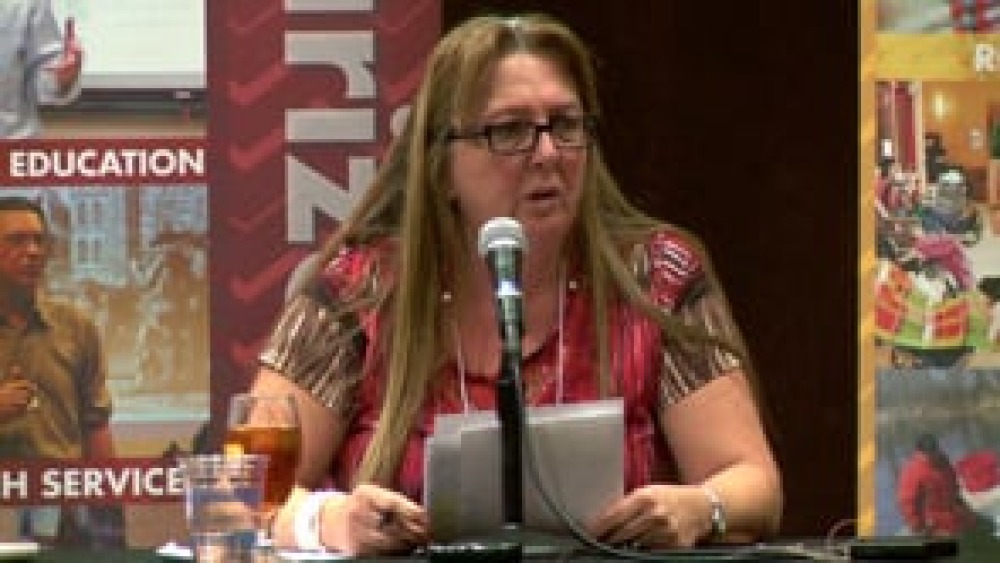
Arlene Templer: Engaging the Nation's Citizens and Effecting Change: The Salish and Kootenai Story
Arlene Templer, Department of Human Resource Development Director for the Confederated Salish and Kootenai Tribes (CSKT), discusses what prompted CSKT to develop the Department of Human Resource Development and how the department works to cultivate self-sufficiency in CSKT citizens and…
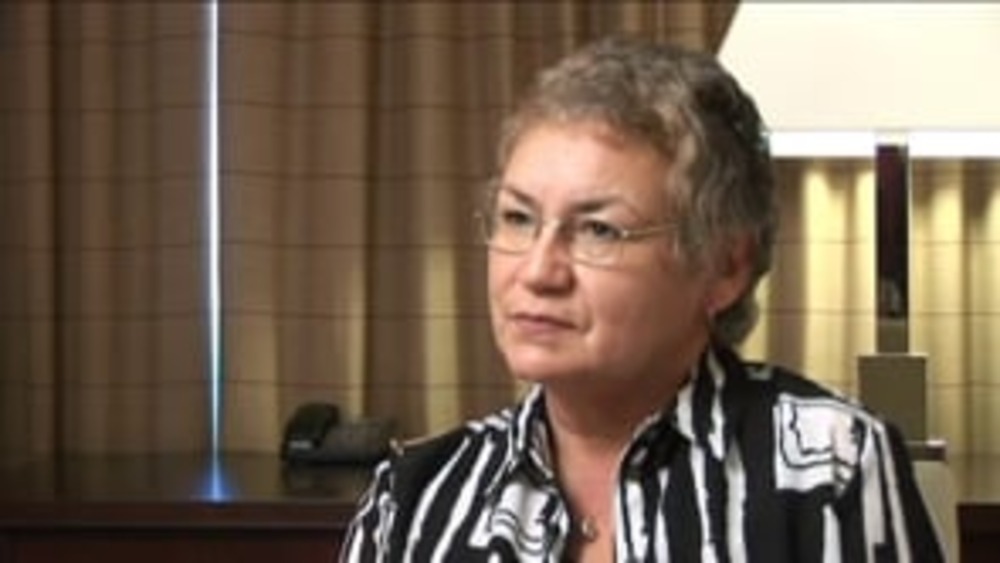
Sophie Pierre: Enacting Self-Determination and Self-Governance at Ktunaxa
In this informative interview with NNI's Ian Record, Sophie Pierre, longtime chief of the Ktunaxa Nation, discusses Ktunaxa's ongoing effort to reclaim and redesign their system of governance through British Columbia's treaty process, specifically Ktunaxa's citizen-led process to develop a new…
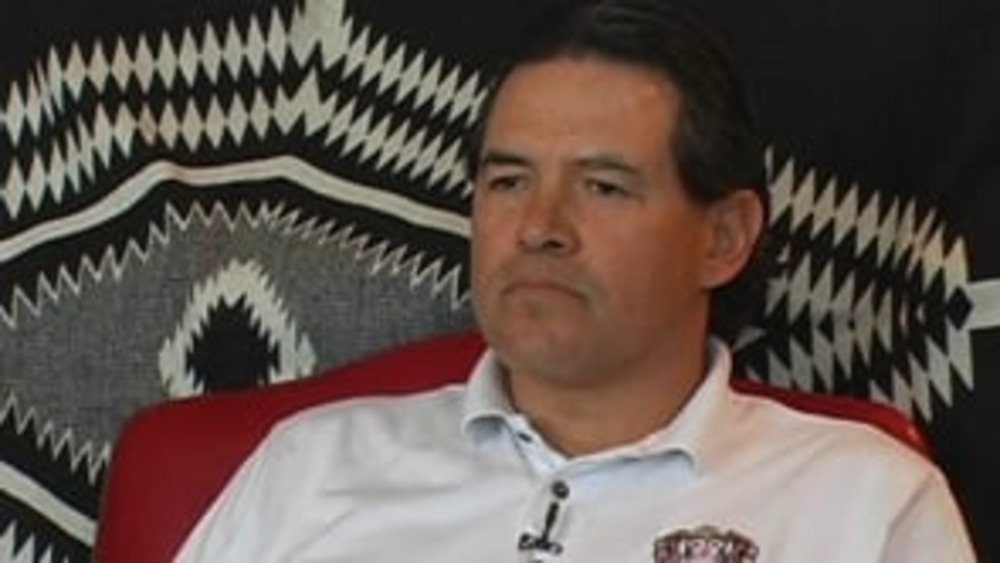
Brian Cladoosby: The Swinomish Indian Tribal Community's Approach to Governance and Intergovernmental Relations
In this wide-ranging interview with NNI's Ian Record, Chairman Brian Cladoosby of the Swinomish Indian Tribal Community discusses Swinomish's unique governance system, its approach to building relationships with other governments to achieve its strategic priorities, and what he feels are the…
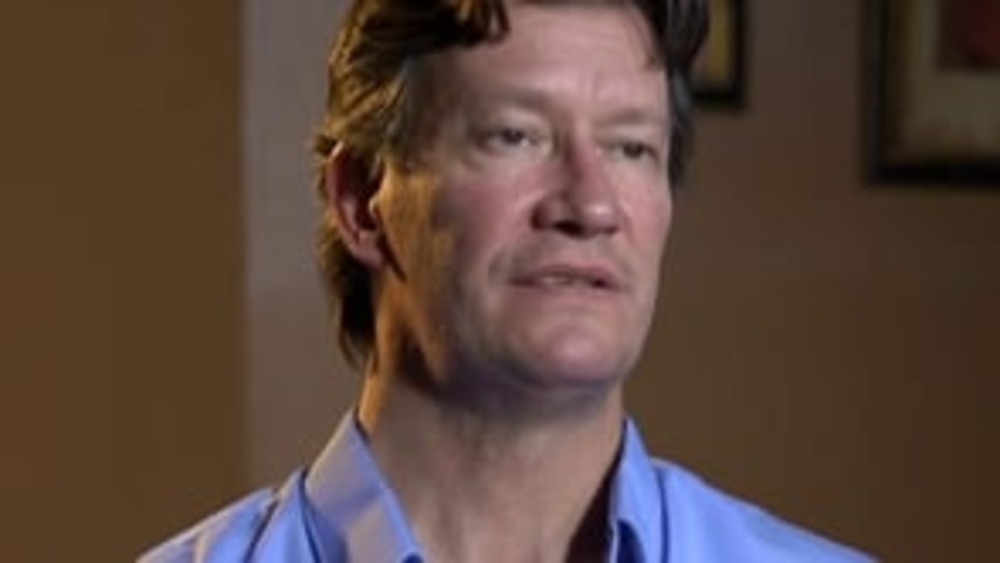
Native Leaders: The Purpose and Challenge of Redefining Citizenship
Several Native leaders share their thoughts on why their nations are deliberating potential changes to their citizenship criteria, and they discuss some of the many challenges that Native nations face in this complex area of governance.
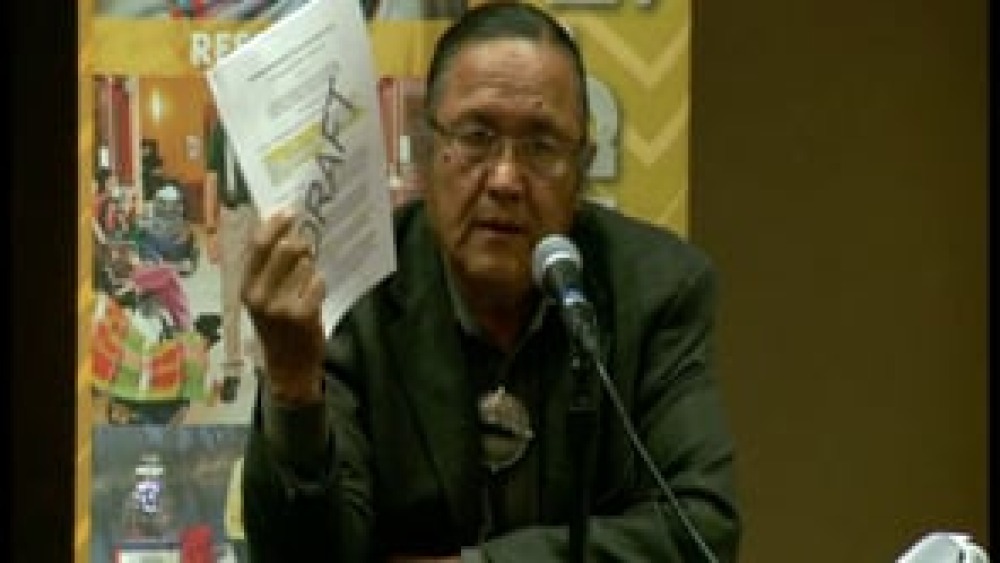
Robert Yazzie: Traditional Principles of Leadership
Former Chief Justice Robert Yazzie of the Navajo Nation Supreme Court provides an overview of the traditional Diné governance system and specifically the leadership principles that Diné leaders relied upon to make sound, informed, strategic decisions in consultation with and on behalf of…
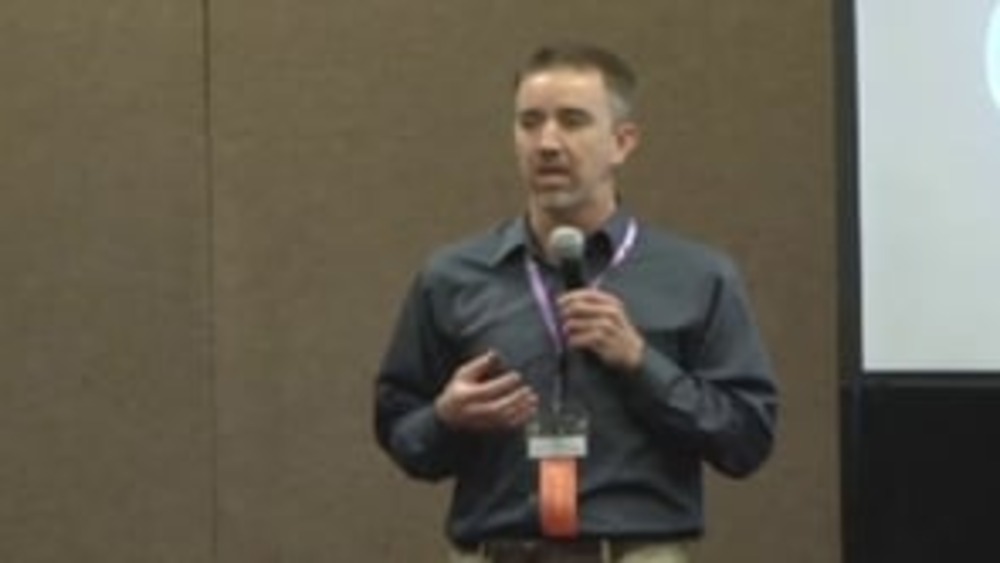
Ian Record: Citizen Engagement: The Key to Establishing and Sustaining Good Governance
For Native nations, establishing and sustaining the good governance necessary to determine and then achieve their strategic priorities hinges on citizen engagement: the ability of a nation and its government to consult and educate its citizens about the major decisions it makes and implements in…
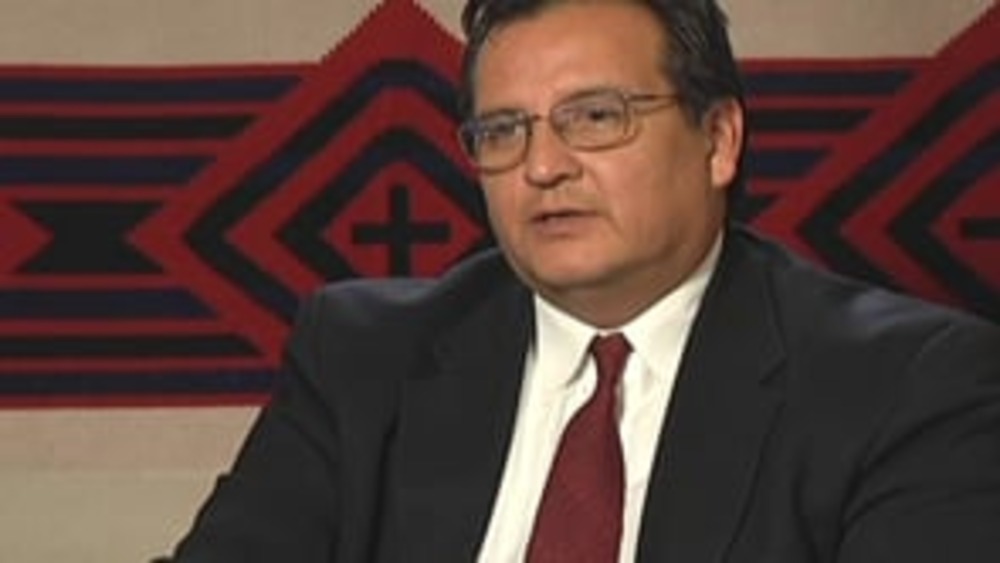
James R. Gray: Rebuilding Osage Governance from the Ground Up
In this informative intervew with NNI's Ian Record, James R. Gray, former Principal Chief of the Osage Nation, details his nation's effort to design a new constitution and government from the ground up, and provides an overview of the thorough education and consultation process the nation developed…
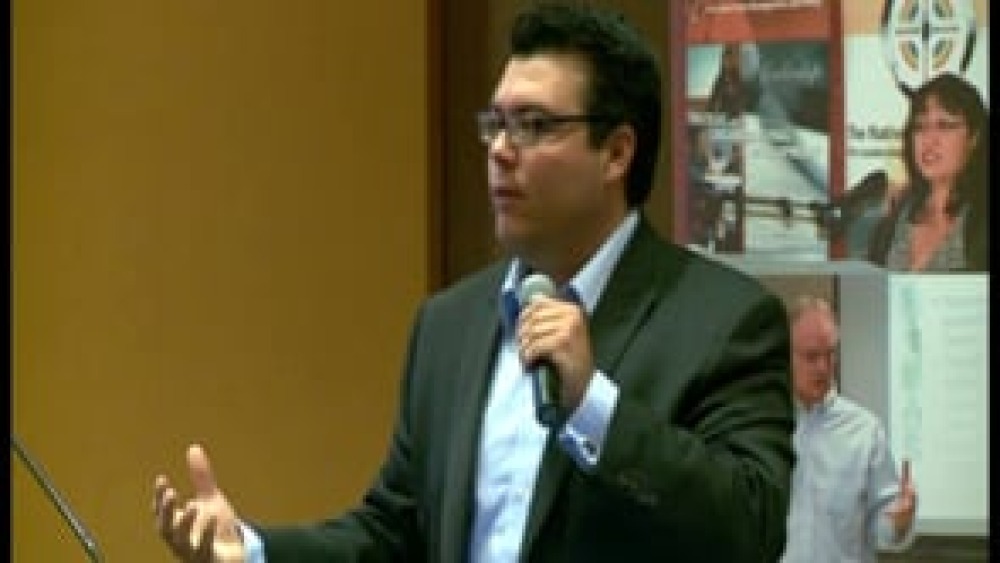
Adam Geisler: What I Wish I Knew Before I Took Office
Adam Geisler, Secretary of the La Jolla Band of Luiseño Indians, discusses the diverse set of challenges he faces as an elected leader of his nation and discusses some of the innovative ways that he, his leadership colleagues, and his nation have worked to overcome those challenges. He…
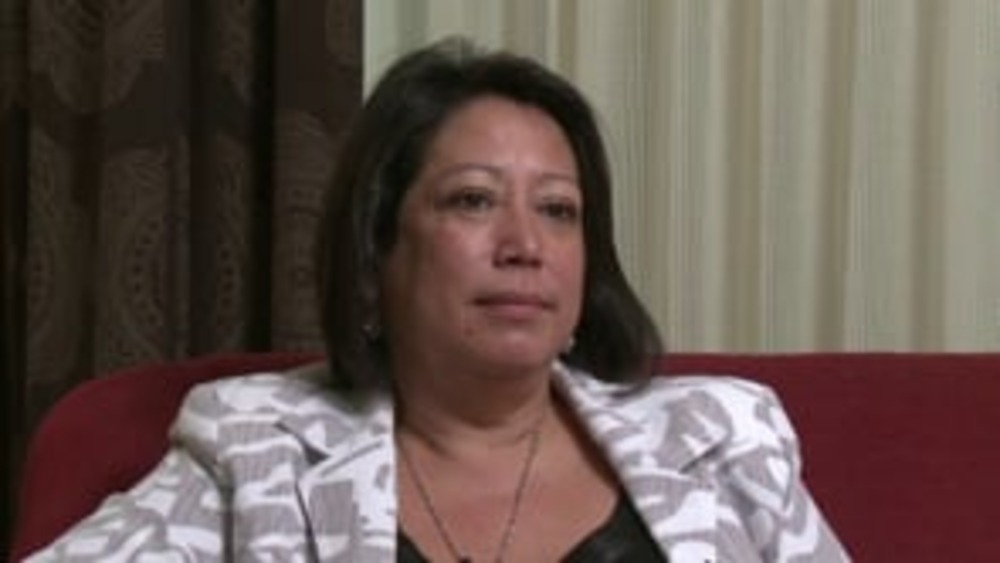
Angela Wesley: Huu-ay-aht First Nations' Forging of a New Governance System
Angela Wesley, Chair of Huu-ay-aht Constitution Committee, discusses the painstaking effort the Huu-ay-aht First Nations undertook to develop a new constitution and system of governance, and how they continue to work to turn the promise of self-governance embodied in their new constitution into…
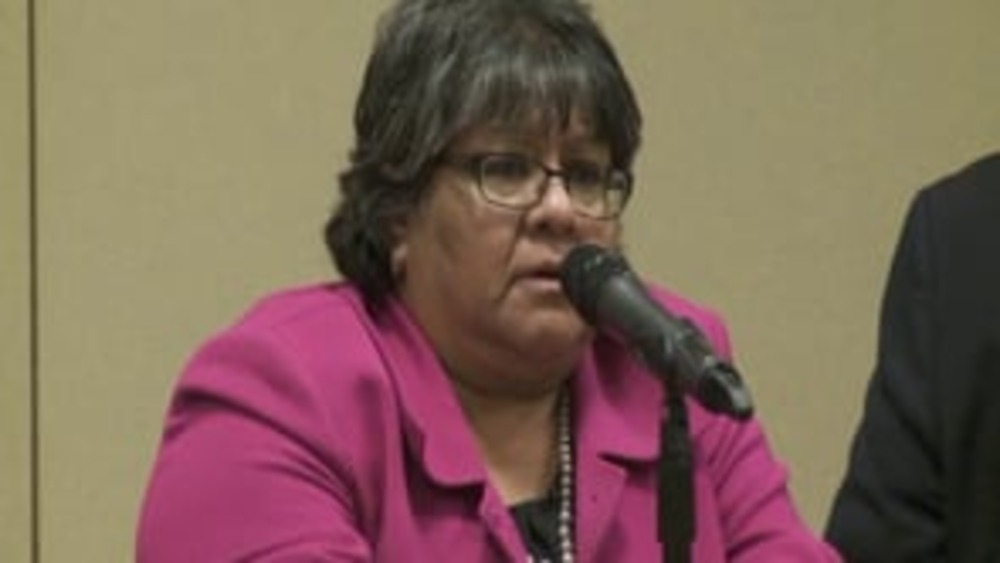
Luann Leonard, Stephen Roe Lewis and Walter Phelps: Bridging the Gap: How Native Culture Forges Native Leaders
Luann Leonard (Hopi), Stephen Roe Lewis (Gila River Indian Community), and Walter Phelps (Navajo) discuss how their personal approaches to leadership have been and continue to be informed by their Native nations' distinct cultures and core values and those keepers of the culture in their…
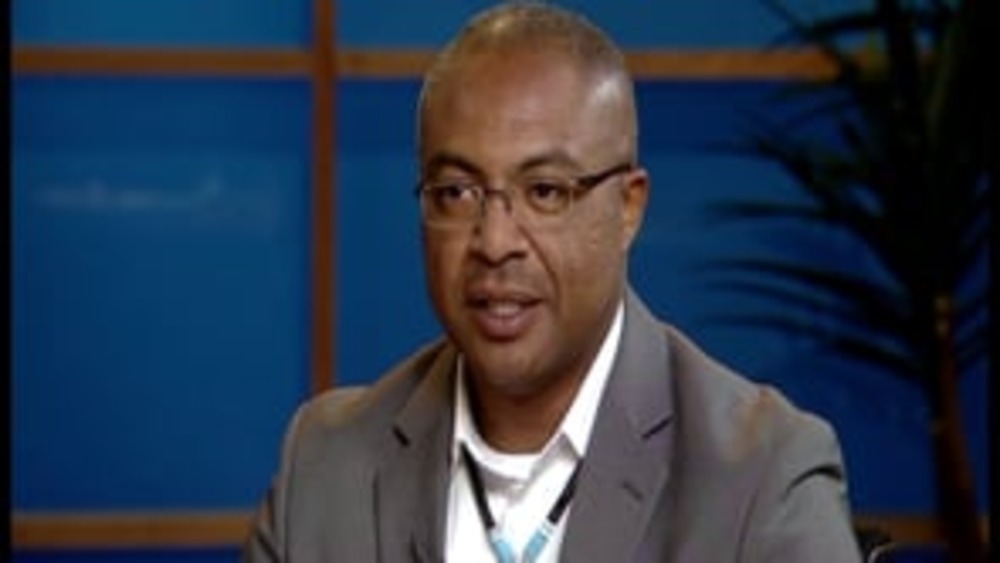
Richard Luarkie: Leadership and Nation Building at Pueblo of Laguna
In this informative interview with NNI's Ian Record, Governor Richard Luarkie of the Pueblo of Laguna discusses Laguna's approach to nation building, the roles their core values and time-tested process for cultivating effective leaders has played in that effort, and how and why Laguna has worked to…
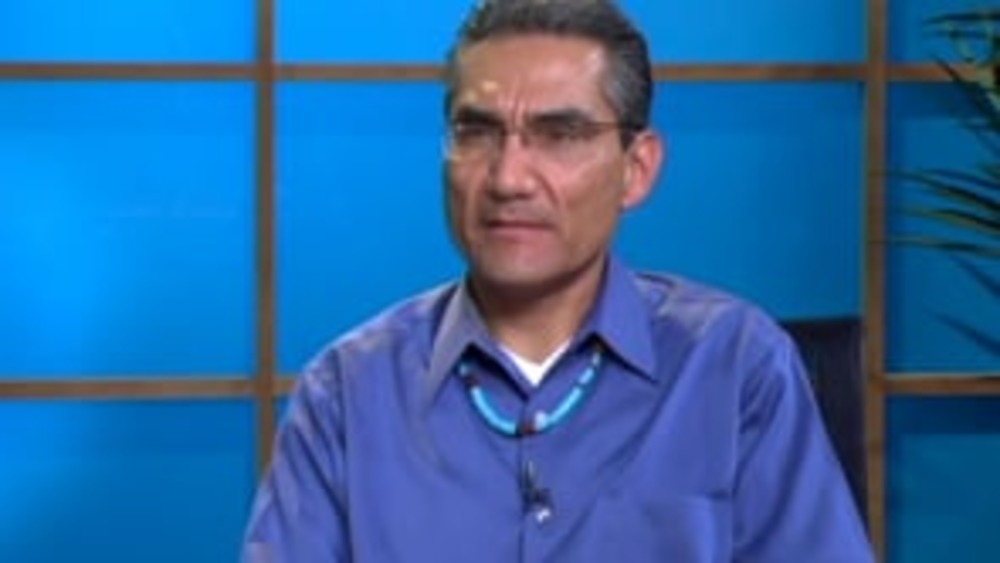
Joseph Flies-Away: The Role of Justice Systems in Nation Building
In this in-depth interview with NNI's Ian Record, Joseph Flies-Away, citizen and former chief judge of the Hualapai Tribe, discusses the central roe that justice systems can and should play in Native nation rebuilding efforts, how justice systems serve as platforms for healing and cultural renewal…
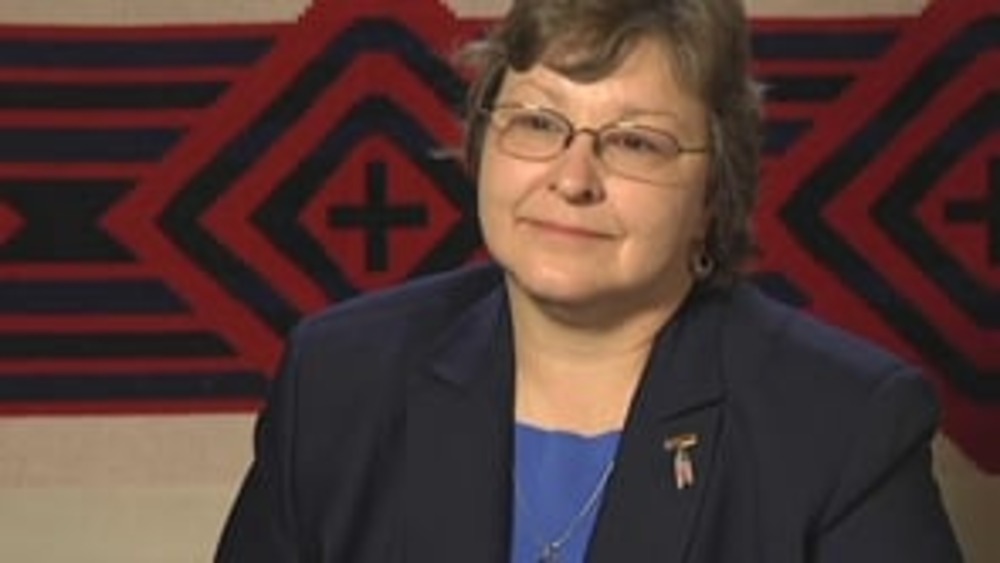
Karen Diver: Nation Building Through the Cultivation of Capable People and Governing Institutions
In this informative interview with NNI's Ian Record, Chairwoman Karen Diver of the Fond du Lac Band of Lake Superior Chippewa discusses the critical importance of Native nations' systematic development of its governing institutions and human resource ability to their ability to exercise sovereignty…
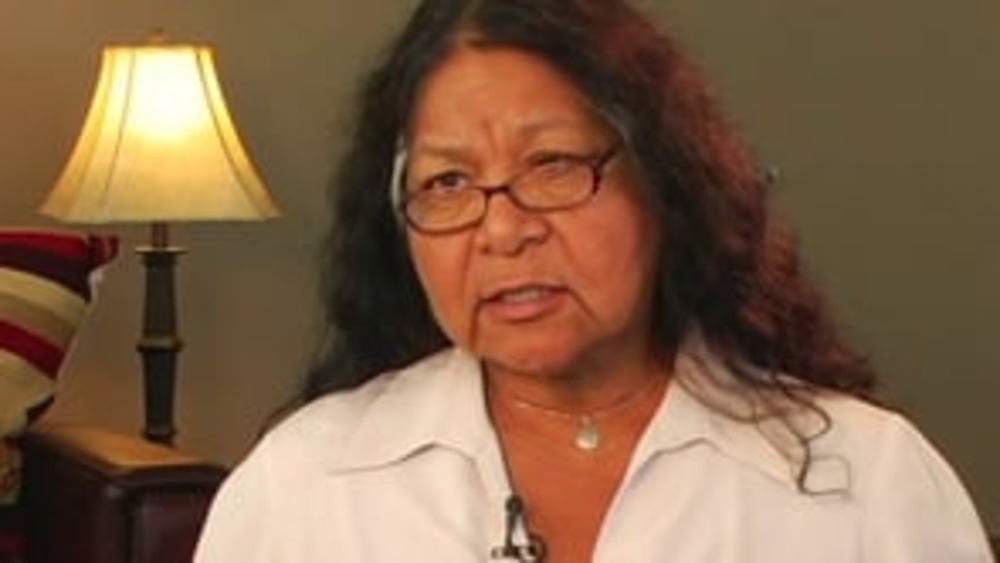
Diane Enos: Building a Sustainable Economy at Salt River
In this informative interview with NNI's Ian Record, Diane Enos, President of the Salt River Pima-Maricopa Indian Community, discusses some of the many significant steps that Salt River has taken over the past few decades to systematically build a self-sufficient, sustainable economy.
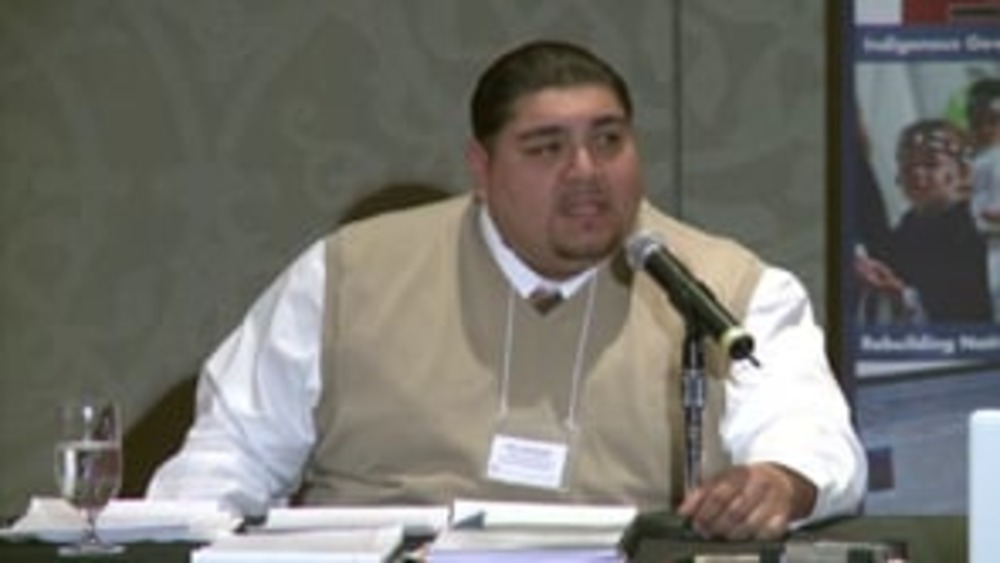
Ruben Santiesteban and Joni Theobald: Choosing Our Leaders and Maintain Quality Leadership: The Lac du Flambeau Band of Lake Superior Chippewa Indians
Ruben Santiesteban and Joni Theobald of the Lac du Flambeau Band of Lake Superior Chippewa Indians provide an overview of how Lac du Flambeau developed a new approach to cultivating and then selecting quality leaders to lead the Band to a brighter future.
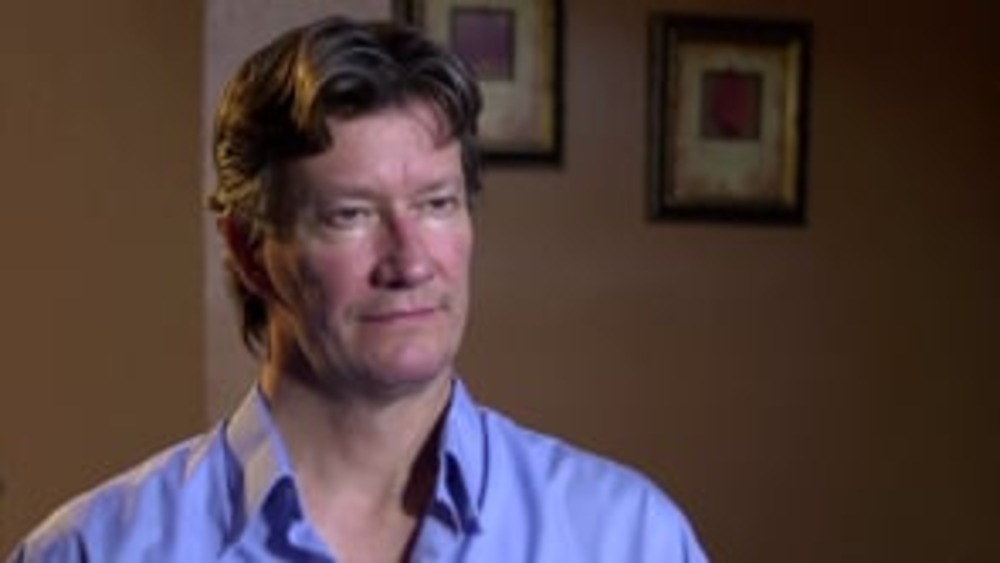
Chris Hall: Cultivating Constitutional Change at Crow Creek
Native Nations Institute's Ian Record conducted an informative interview with Chris Hall, a citizen of the Crow Creek Sioux Tribe and a member of Cohort 4 of the Bush Foundation's Native Nation Rebuilders program. Hall discusses Crow Creek's current effort to reform its constitution and the…
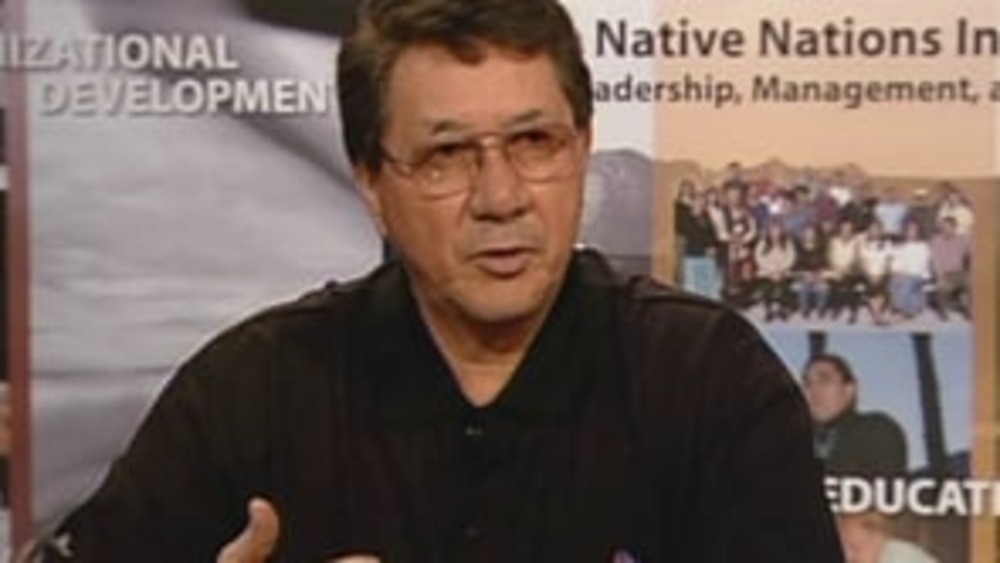
NNI Indigenous Leadership Fellow: Michael Kanentakeron Mitchell (Part 1)
Grand Chief Michael Mitchell of the Mohawk Council of Akwesasne provides an overview of the nation-building work his nation has engaged in over the past four decades, from its decision to move away from the Indian Act to its systematic development of capable governing institutions designed to…
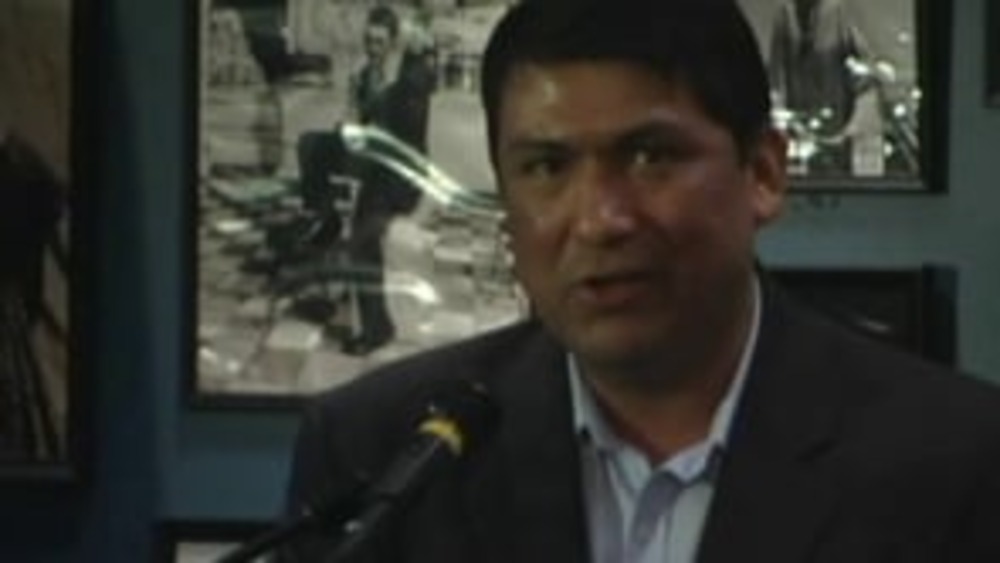
Honoring Nations: Gregory Mendoza: Akimel O'odham/Pee-Posh Youth Council
Gila River Indian Community Governor Gregory Mendoza, formerly the director of the Akimel O'odham/Pee-Posh Youth Council, provides a history of this trend-setting example of innovative governance and discusses the many different ways that it strengthens the Gila River Indian Community.
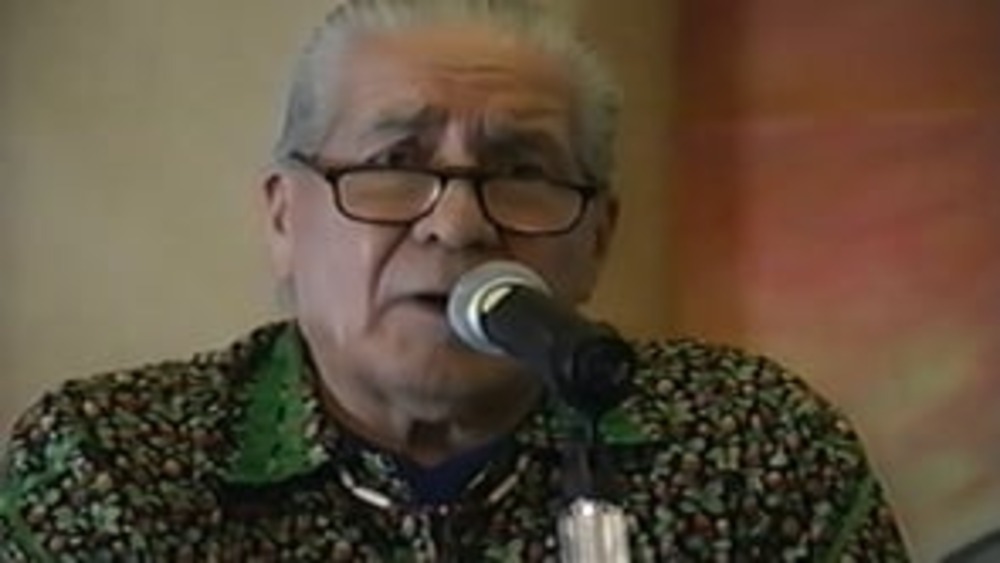
Honoring Nations: Oren Lyons: Governing Our Way to a Brighter Future
Onondaga Chief and Faithkeeper Oren Lyons shares his perspective on why governance matters to the sovereignty and long-term prosperity of Indigenous peoples, and stresses the importance of adhering to the long-taught instructions that have ensured the survival of those peoples to this day.
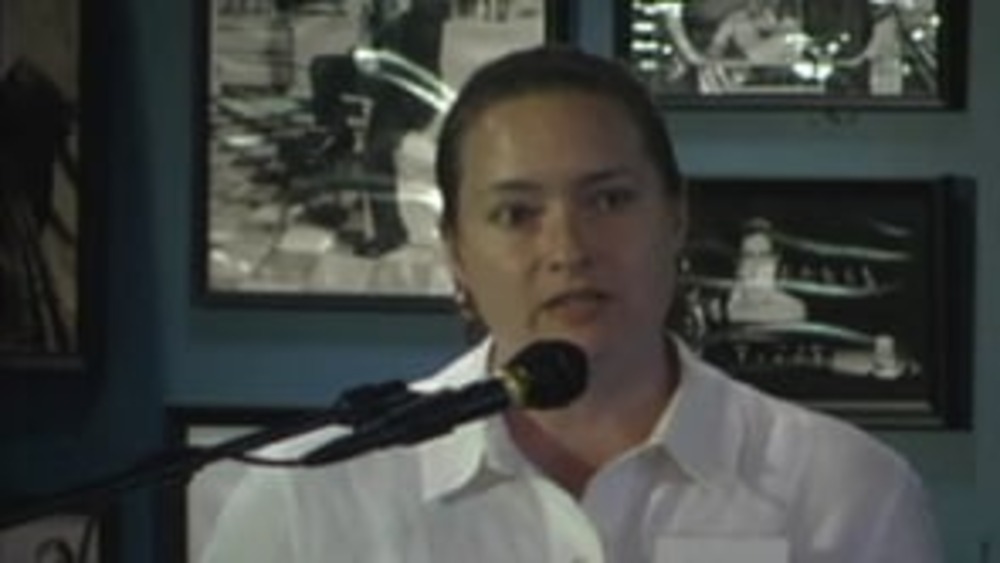
Honoring Nations: Miriam Jorgensen: Lessons to Take Home
NNI Research Director Miriam Jorgensen concludes the 2004 Honoring Nations symposium with her impressions about the lessons learned from the convening, from the great diversity among Native nations to the great strides they are taking when they devise their own solutions to the challenges they…
Pagination
- First page
- …
- 3
- 4
- 5
- …
- Last page
